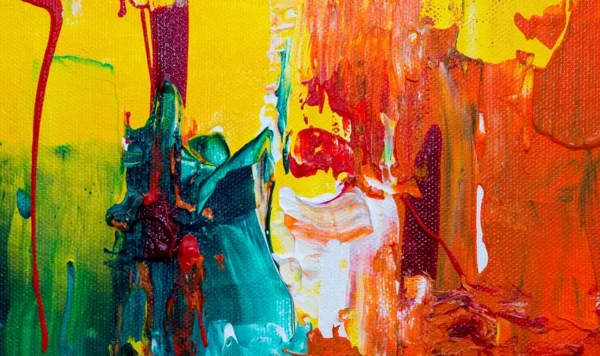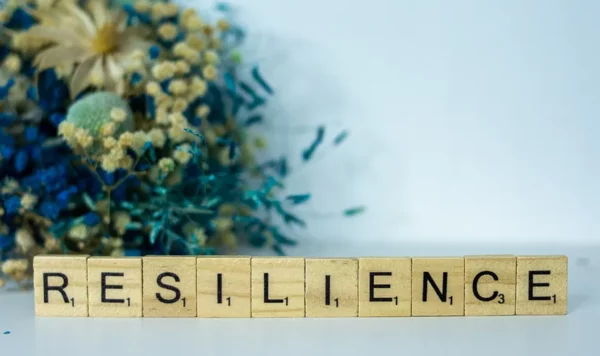#12 Memory of the Organisation
15 June 2019 | 3 min read

A few years ago, I was regularly flying to China to support the development of various divisions and locations of a European industrial corporation. In one particular division that I worked with intensively, my assignment was to evolve this department from one of fear, destructive internal competition and dependence to one of self-awareness, team spirit and autonomy. It was a culture change assignment.
The manager was very professional, internationally experienced, new and genuinely interested in changing the organisation for the better. After getting to know the teams, assessing the skills of the individual employees and developing the strategy for the department, he wanted to make some organisational adjustments. That’s when he realised the mood had changed. The employees were apathetic, conflicts increased, and results were being delivered more slowly. Despite his efforts, he was unable to create a constructive culture of trust. This is when I was asked to assess the situation and see how I can help.
During my initial conversations, the employees talked to me in encrypted language and waited to see whether I understood what they were implying, whether I was able to read between the lines. They were most interested to know what I had heard from others and while I replied that I understood their concerns, I also reminded them that these interviews were confidential. I experienced an extremely lengthy confidence-building process that served to verify my reliability, professionalism and the confidentiality of our interviews.
During the course of the discussions, it emerged that past events had resulted in a form of organisational trauma from which they had not recovered and that was responsible for the current culture of mistrust and division. This trauma was deeply rooted in the collective memory and was passed on by oral tradition to every new employee, who was then immediately forced to take a stand for one side or the other. What had happened? Among other things, a former manager had played employees against each other for a few years and had broken up formal and informal relationship and trust structures.
Once we found the cause of the painful situation they were experiencing we were able to work on solutions with the new manager with the permission and support of the employees. The workshops I held with the teams afterward were adapted to their emotional needs and dedicated to building trust. “Listening” with compassion and understanding build a huge part of the healing process.
Here are other examples I have observed myself of the impact of collective memory at work:
- In Great Britain in an IT company, it was extremely difficult for the new CEO to establish a relationship with the employees and he didn´t know why. We found out that they had a strong relationship with the predecessor and were still emotionally attached to him. In addition, the predecessor had left the company under unclear circumstances, so the employees could not say goodbye. As a result, the new CEO was constantly compared to his predecessor and it took a long time for him to get close to the people until he could address it directly and they could talk about it without taboo.
- In another example, in South Africa, a new expatriate site manager, unlike his predecessor, as busy as he was in his new role, had simply failed to introduce himself to the employees personally and according to local tradition and started making important decisions immediately. This resulted in them not acknowledging him as their new boss so that his decisions were challenged all the time in vary creative ways. He was constantly compared with the old manager and it took him a lot of energy and time to correct his initial “mistake”.
Keep in mind that other managers were often in your place before you and that everyone, good or bad, left their own mark.
Golden Management Rule
Never be afraid to address issues from the past. These memories are in the heads of your employees and are part of your inheritance. Take the time to observe, understand and appreciate what you find. You can then work constructively with your employees to sort out the issues that are relevant to the collective future. If you value your employees experience with the company’s history, they will be grateful to you and will work constructively with you on a new future.
You find more advice in my Corporate Coaching!
SHARE THIS ARTICLE
Written by Drissia Schroeder-Hohenwarth
Transformative Coach for Leaders, Teams and Organisations with a fascination for the endless potential of the mind.
More articles from Drissia



